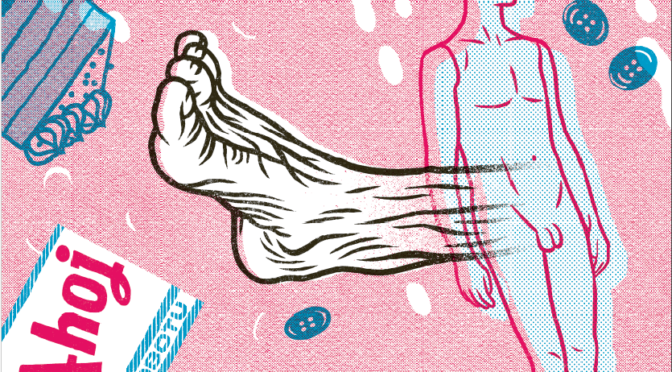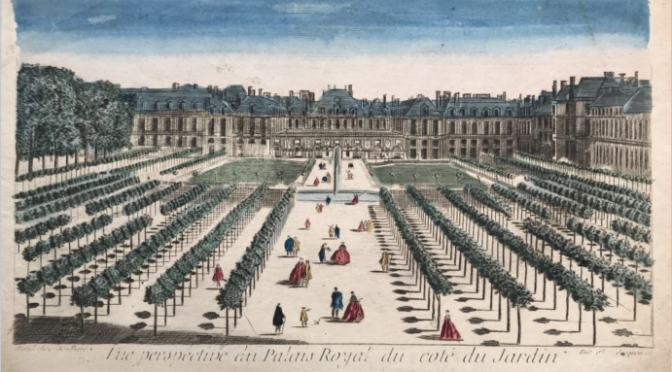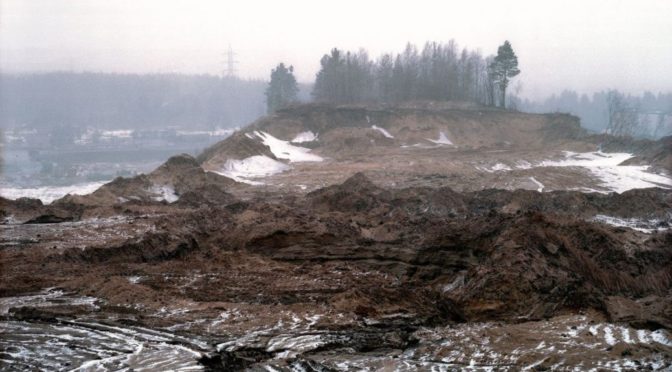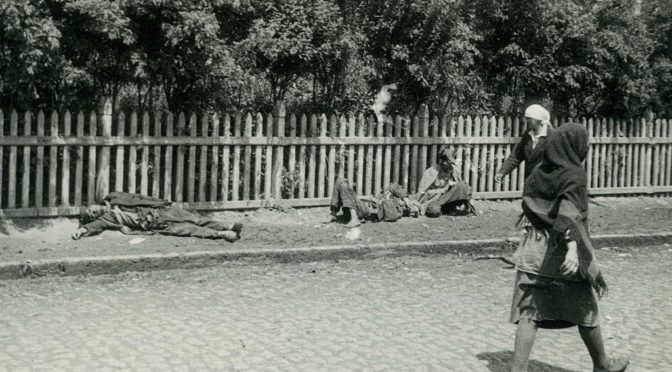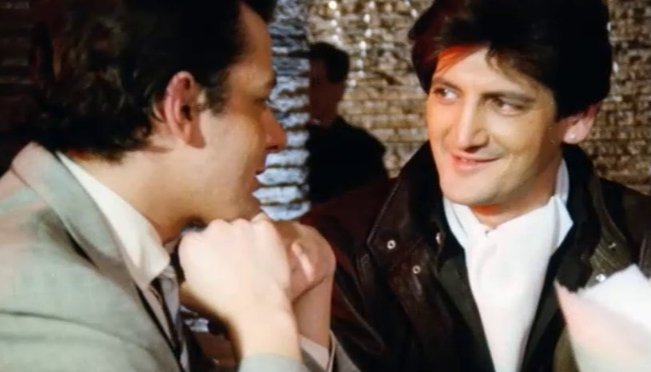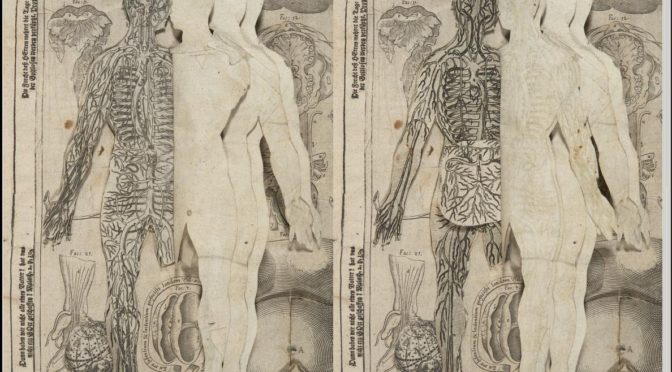The eighth session of the seminar “Nature(s) & Norms” (NANO), carried out within the framework of the research program SAMSON (Sciences, Arts, Medicine and Social Norms), developed by Sorbonne University (Paris), the Faculty of Arts of the Charles University (Prague), Warsaw University and CEFRES welcomes Josef ŠEBEK (Charles University) and
Marcin BOGUCKI (University of Warsaw).
Location: Warsaw, Paris, CEFRES Library and online (zoom)
To receive the link, please contact us at cefres[@]cefres.cz
Date: Friday, June 12th 2023, 4.30 pm
Language: English
The seminar will focus on life narratives of queer people in socialist and post-socialist Central European countries in the 1980s and 1990s, in the period of political and social transformation. The papers will address biographical and autobiographical discourses and texts, from sexological and legal documents through oral autobiographical narrations to genres of life writing (autobiography and autofiction), with an emphasis on the aspects of transformation and the peculiarities of the Central European context in relation to queer theory. The “zoegraphy” in the title points to the troubling dichotomy of what is/can be narrated under changing social and political circumstances and what is lived without necessarily finding textual form.
Part 1
“Pat-a-Cake”: Czech Queer Writing of the Self from the Time of Social Transformation around 1989
Josef ŠEBEK (Charles University)
In the period around 1989, crucial for the transformation of the Czechoslovak society from state socialism to democratic capitalism, several remarkable autobiographical/autofictional narratives were published that revolve around the issues of queerness: Václav Bauman’s Paci, paci, pacičky (Pat-a-Cake, written in 1984, published as samizdat in 30 copies in 1987, then in the samizdat Revolver Revue in 1988, and officially in Prague in 1990 and again in 2017), Václav Jamek’s Traité des courtes merveilles (written in French, dated Paris 1985 – Prague 1988, published in Paris in 1989 and never translated into Czech), and Ladislav Fuks’s memoir Moje zrcadlo (My Mirror, written 1991–1993, heavily edited and published posthumously in Prague in 1995 and in a modified version in 2007). I will analyse these narratives in their peculiar discursive context(s), reflected partially in the intricate ways they were written, edited and published. The analysis will follow the lines of genres of the writing of the self (ranging from the wildly funny emancipatory story through an elaborated autobiographical essay to autobiography suppressing key aspects of politics and sexuality), the discursive ethos of the author/narrator/character, and the politics of sexuality. These texts, taken as a certain synecdoche of queer literary narratives written in the Czech milieu in the period, present a surprisingly varied mosaic of openly pronounced as well as unsaid queer desire and in complex and sometimes contradictory ways participate in the process of social transformation.
Josef Šebek is an assistant professor at the Department of Czech and Comparative Literature, Faculty of Arts, Charles University, and an associated researcher at CEFRES. He specializes in cultural materialism, the sociology of Pierre Bourdieu and current French sociology of literature and works also on contemporary theory of discourse and rhetoric, media theory of literature, genres of life writing, and queer studies. He is the author of the book Literature and the Social: Bourdieu, Williams, and their Successors (Prague, FF UK, 2019), co-author of Richard Müller, Tomáš Chudý et al., Beyond Media Contours: Literature and Mediality (Prague, Karolinum, 2020), managing editor of the journal Slovo a smysl / Word & Sense and a member of the editorial team of Estetika: The European Journal of Aesthetics.
Part 2
Queer Opera Divas: The Case of Three Polish Singers
Marcin BOGUCKI (University of Warsaw)
The cult of diva is inherently connected both to opera and queer culture. In my talk I would like to analyze the iconic status of three contemporary Polish singers in the local context: Ewa Podleś, Violetta Villas, Aldona Orłowska. Although they were all trained as opera performers, they functioned in different musical realms: Ewa Podleś – contralto – was praised for her voice and stage presence on the most prestigious stages in the world, Violetta Villas – coloratura soprano – was regarded as the epitome of camp, mixing opera and popular music, Aldona Orłowska – also soprano – has emerged recently as an Internet phenomenon and can be defined as embodiment of queer art of failure.
Marcin Bogucki – graduate of cultural studies, art history and musicology, assistant professor in the Institute of Polish Culture at the University of Warsaw. His research focuses on the cultural history of music and modern staging of opera. In 2012 he published a book about Peter Sellarsʼs operatic work. Co-author of the book The Chopin Games. History of the International Fryderyk Chopin Piano Competition in 1927-2015 (2021). Member of the Polish Society for Theatre Research (2016-2020 – secretary of the Society), and member of the Organisation Générale des Amateurs de l’Eurovision.
The illustration by Daniela Olejníková from Václav Bauman: Paci, paci, pacičky. 2nd ed. Prague: Filip Tomáš – Akropolis, 2017. Illustration © Daniela Olejníková
See the complete program of the Seminar here.

